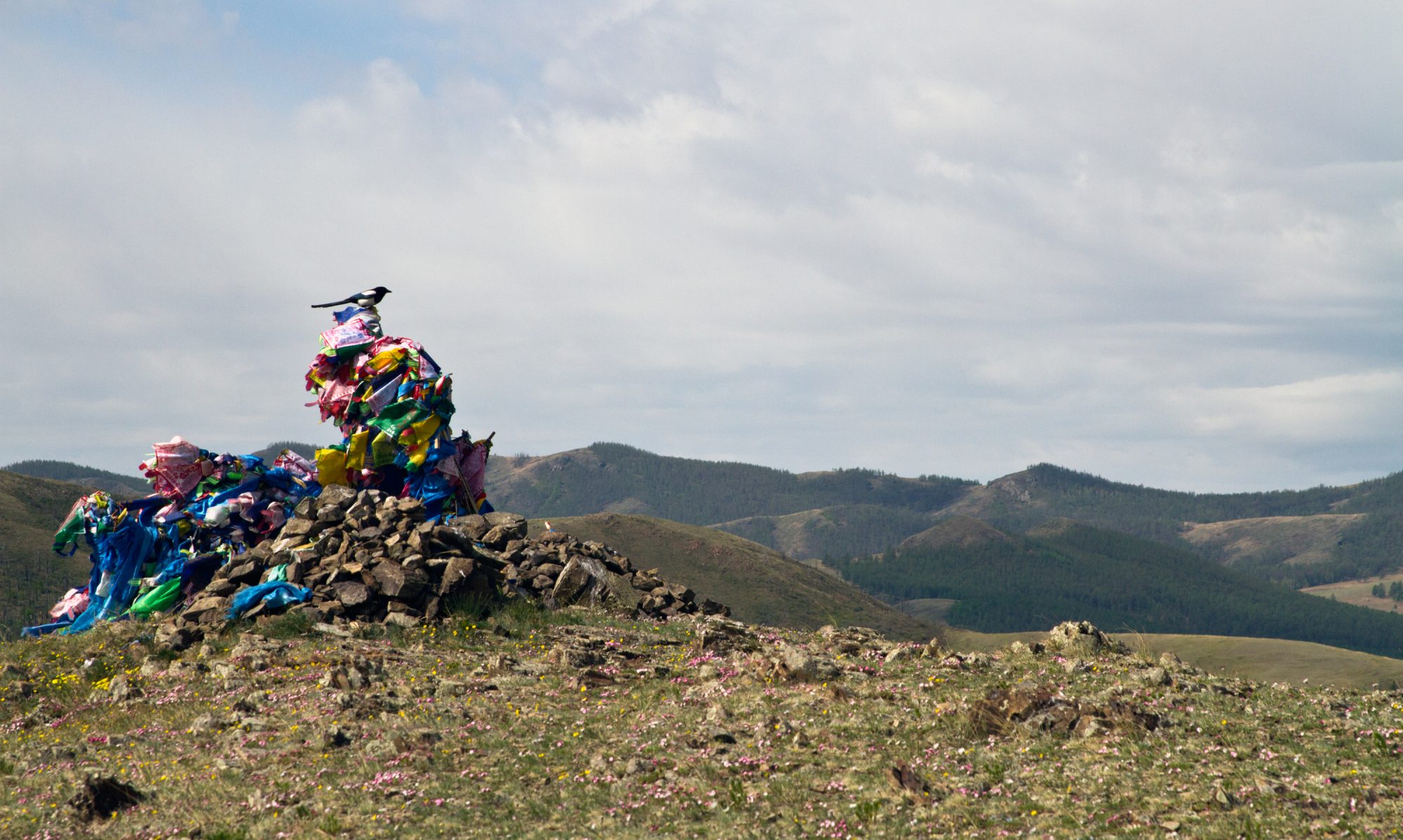Listening to the radio the other day I heard a program (sort of) about the 1977 Voyager spacecraft, launched into space with a golden record and other goodies; the hosts of the show talked to several moderately well-known people and asked what they would include. Philip Glass, for instance, would include Bach and Tuvan throat-singing (details unspecified); Neil Gaiman would include the The Wizard of Oz, among other things. Several of the folks interviewed included things it would be difficult to include on a gold record: mandarin oranges in syrup, or an entire meal at Chez Panisse.
Naturally, this got me thinking: if I were involved on the generous but foolhardy project of assembling some sort of representative selection of life on earth, what would I include? This is the sort of thing I think about while bicycling, and so the first things that popped into my mind were: the sound of bicycle wheels on pavement in all the seasons of the year; the feeling of one gets after narrowly avoiding collision with an automobile; the smell of the air on a cold, clear autumn day leaves in a slurry on the road.
Then my mind wandered: the feeling of going home to people who care for you; the desire for and receipt of the first cup of coffee in the morning; the feeling of being warm in bed on a day when you have nothing in particular planned and nowhere in particular to go; the smell of books; a very soft blanket; imagining one has done something well but not being quite sure; warming up after frostbite; the shell of a cicada; the curl of a pea-plant on a string; the smell of soil in the sunshine; water.
The more I thought about it, the less I could think of things to leave out. Even things not commonly thought of during such exercises seemed impossible to omit: quarries – chewing gum – car exhaust. Finally I reached the point (some five blocks from home on my bicycle) that really the only appropriate thing would be to wrap up the entire planet – the entire solar system – very carefully and wait.
